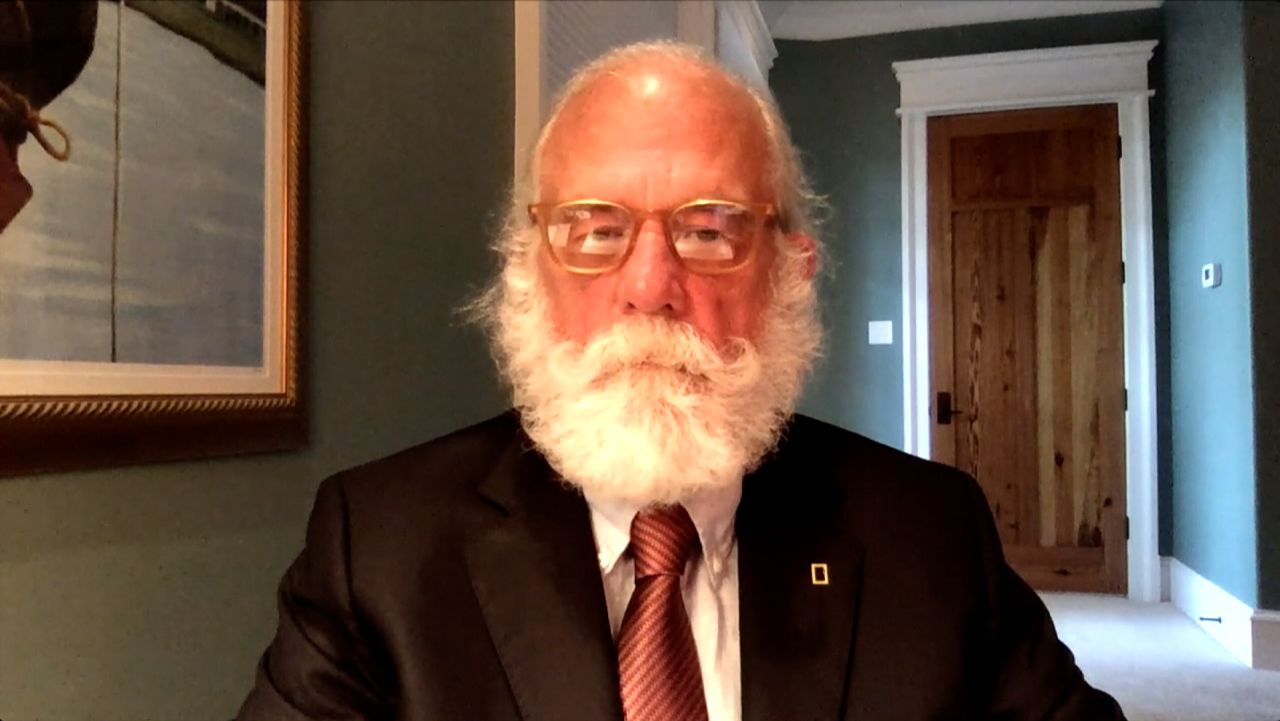The defense and prosecution gave their closing arguments in Donald Trump’s New York hush money trial, spending many hours late into the evening Tuesday offering the jury diametrically opposed stories about the payment made to Stormy Daniels in October 2016 and the subsequent reimbursement to Cohen the following year.
Prosecutors told jurors on Tuesday they’ve seen a “mountain of evidence” to prove that Trump falsified business records in order to cover up a damaging story about an alleged affair at the end of the 2016 election. The defense said the prosecution’s criminal case against the former president is wholly reliant on the testimony of Michael Cohen – the “MVP of liars” who is out to get Trump.
Which narrative the jury believes could ultimately decide Trump’s legal fate.
Here are some of the takeaways from Day 21 of the hush money trial:
Defense argues jurors cannot convict on Michael Cohen’s words: Todd Blanche was up first, and he spent much of his two-hour closing argument attacking the credibility of Cohen, Trump’s former fixer.
-
He accused Cohen of lying directly to the jury, on top of the lies he was convicted of telling. Cohen lied so much, Blanche alleged, that he should be considered the Tom Brady of lying – the “GLOAT,” or the “Greatest Liar of All Time.”
-
Blanche focused on Cohen’s claims about his phone call with Trump on October 24, 2016. Cohen testified that Trump bodyguard Keith Schiller put Trump on the phone so Cohen could tell him he was going forward with the Daniels payment.
-
Blanche told the jury it’s clear they were talking about the teen prankster because Cohen hung up and texted Schiller about the situation then followed up the next morning. “That is perjury,” Blanche said, raising his voice as he slowly emphasized each syllable of the final word.
Prosecution defends Cohen but argues there’s more to the case: Over 4 hours and 41 minutes, Assistant District Attorney Joshua Steinglass pushed back against Blanche’s attacks, arguing there was plenty of corroboration of Cohen’s testimony, both from documents and the testimony of others, particularly former AMI chief David Pecker.
-
Steinglass tried to rebut Blanche’s allegation about the October 24, 2016, call with a bit of role-playing and acted out a theoretical call Cohen could have made where he talked to both Schiller and Trump. “These guys know each other well. They speak in coded language, and they speak fast,” Steinglass said of Cohen and Trump.
-
Steinglass also focused on testimony from Pecker to help bolster Cohen’s credibility, such as showing that Cohen’s story was corroborated by Pecker’s description of a phone call with Trump about the Karen McDougal story in June 2016.
-
He also walked jurors back through all of the documents and testimony they had heard over the six-week trial, beginning with the 2015 Trump Tower meeting all the way through Trump’s pressure on Cohen in 2018 before Cohen began cooperating with federal investigators and pleaded guilty. “The name of the game was concealment, and all roads lead inescapably to the man that benefited the most, the defendant, former President Donald J. Trump,” he said.
What’s next: Now that closing arguments are done, the panel of seven men and five women is expected to begin deliberations Wednesday.









